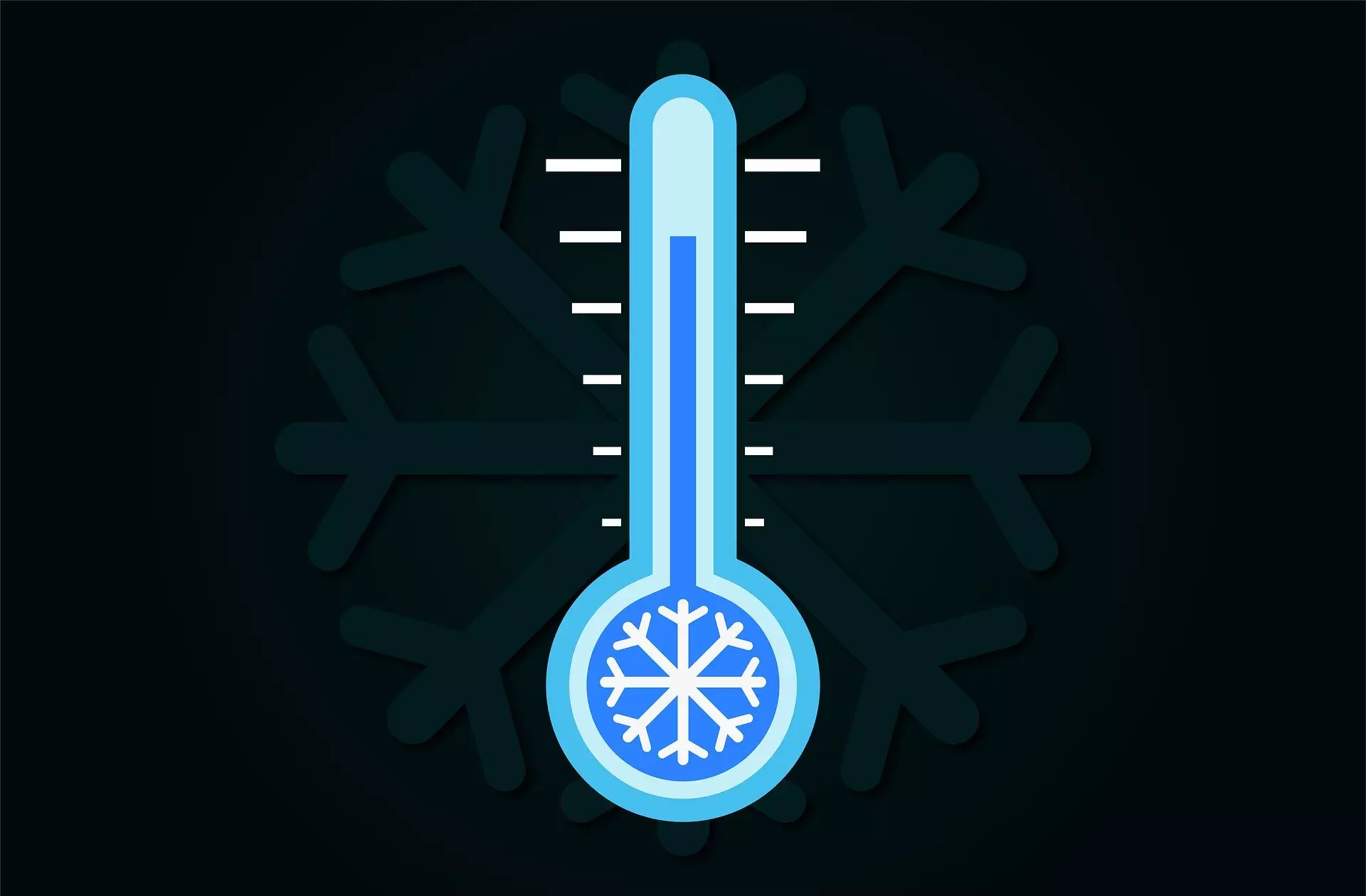Energy conservation and combating climate change are pressing issues in today’s world. A study recently published in the journal PLOS Climate by researchers from the National University of Ireland Maynooth and the University of Maryland explores how childhood home temperature and community connectedness can influence how U.S. residents set their thermostats. This study provides new insights into encouraging energy conservation practices at home.
The researchers surveyed 2,128 participants, who reported the average winter thermostat settings in their current and childhood homes. They also assessed the participants’ emotional connectedness to their current communities, known as “community fit.” Controlling for variables such as age, gender, and household income, the study aimed to understand the factors influencing thermostat settings among U.S. adults.
The results revealed that participants’ childhood home temperatures had a positive correlation with their current home thermostat settings. For instance, individuals raised in warmer homes were more likely to set their thermostats higher in adulthood, even if they lived in colder climates. Additionally, participants with a strong sense of community belonging tended to align their thermostat settings with others in their community. This indicates the influence of social connections on energy consumption behaviors.
The study suggests that policymakers should consider implementing energy conservation campaigns that resonate with the unique identity and values of individual communities. By understanding the relationship between childhood experiences, community connectedness, and thermostat settings, targeted interventions can be developed to promote energy-efficient practices at home. Longitudinal studies are also recommended to further explore the impact of household income and other factors on energy consumption patterns.
The study sheds light on the interconnected factors that influence how U.S. residents regulate their home temperatures. By recognizing the role of childhood home temperature and community connectedness in shaping thermostat settings, efforts can be directed towards promoting sustainable energy practices and reducing environmental impact. The findings provide valuable insights for policymakers and stakeholders seeking to address energy conservation and climate change challenges.


Leave a Reply